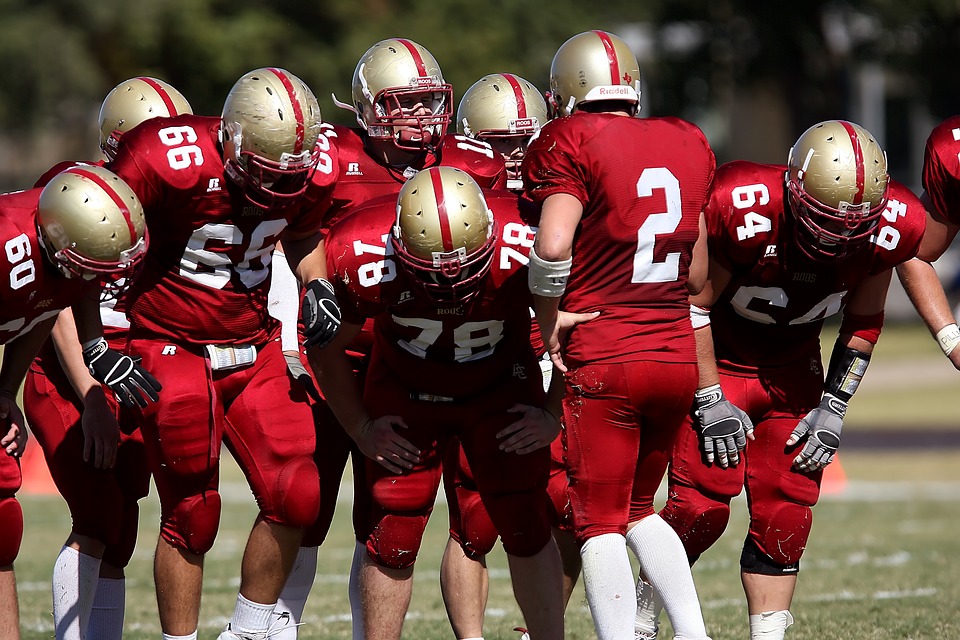
Getting high school athletes ready for college sports requires more than just strong practice plans and game-day preparation. The jump from high school to college athletics demands a higher level of discipline, time management, and mental toughness.
Many high school athletes have the raw talent to play at the next level but fall short because they weren’t prepared for the pace and pressure. Coaches at the high school level play a key role in that transition. It’s not enough to help athletes get recruited. In this article, we will go over several strategies to help you get your best athletes ready for the next level.
1 – Give them exposure
Helping athletes get noticed by college programs means going beyond stats and highlight plays. Coaches need to guide players through the process of getting seen, building connections, and presenting themselves the right way. A big part of this is making sure athletes have high-quality video to send to recruiters.
Recruiters receive dozens of clips every week. Poor camera angles, shaky footage, or confusing edits can hurt a player’s chances. Clean, well-edited video that shows key plays, positioning, and decision-making helps recruiters see an athlete’s value quickly. Using tools like Endzone Video Systems can make a major difference. A wide view of the field, consistent focus, and clear play development can show things raw footage simply can’t.
2 – Don’t ignore academic readiness
Academic preparation is often what separates athletes who play in college from those who don’t. Coaches can’t control what happens in every classroom, but they can make academics a clear priority within the program. Athletes need to understand early that grades matter just as much as stats. If they don’t meet NCAA eligibility rules, their athletic ability won’t matter.
One of the first steps is making sure athletes take the right courses. The NCAA has specific core class requirements that start counting in ninth grade. It’s not enough to pass classes since athletes need to be enrolled in the right ones. Coaches should work closely with guidance counselors to track each athlete’s academic progress and make sure they stay on the right path.
Time management also becomes a major factor. Many athletes fall behind because they wait until their junior or senior year to take school seriously. By then, it’s often too late to fix a low GPA.
3 – Skill development
To play in college, athletes need strong skills, not just effort. Talent can help in high school, but college coaches look for players who have control, good habits, and smart game sense. High school coaches should focus on teaching athletes the details and helping them build those skills over time.
Drills need to be fast and real. Athletes must be able to perform at game speed, not just during slow practice reps. Things like footwork, timing, and body control are what separate good players from great ones. Watching film, breaking down plays, and talking through mistakes helps them make better choices during live action.




